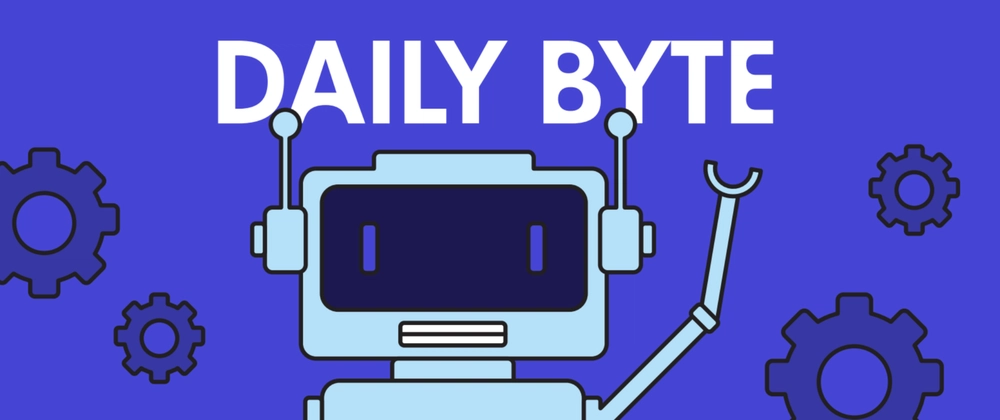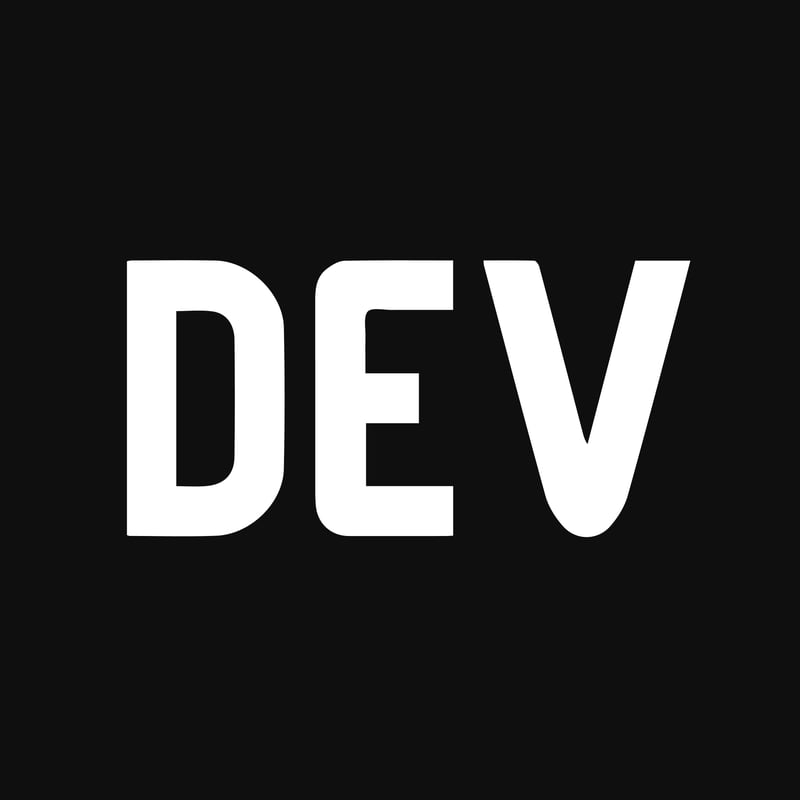Share your favorite power phrases that have enhanced your communication in work conversations.
Follow the DEVteam for more discussions and online camaraderie!

For further actions, you may consider blocking this person and/or reporting abuse



Top comments (4)
"Yes, And?" is an excellent one. I took some improv classes and became a big believer in "Yes, And." I also like "Seek first to understand, then to be understood," (from Covey's seven habits) - I often remind myself of that phrase when I'm impatiently waiting to blurt out my own truth. If you really listen first, what you have to say and/or how you frame it is likely to change quite a bit.
My fav
The power phrases we use depend on the situation we are in or the role we are performing. A manager or supervisor communicating with a subordinate, a presale team talking to prospects, a support team talking to angry customers, a developer appearing in an interview, and so on.
Here are my fav:
I highly recommend learning more about these phrases from the subject matter expert Meryl Runion
Meryl Runion (Author of Perfect Phrases for Managers and Supervisors)
Author of How to Use Power Phrases to Say What You Mean, Mean What You Say and Get What You Want, Perfect Phrases for Managers and Supervisors, and Power Phrases
I believe it's essential to thoroughly understand what the other person wants to convey in work conversations.
When I have something to say, I first listen to the other person, ensure I grasp their points, and then express my opinion based on what they've said.
Here are my favorite: